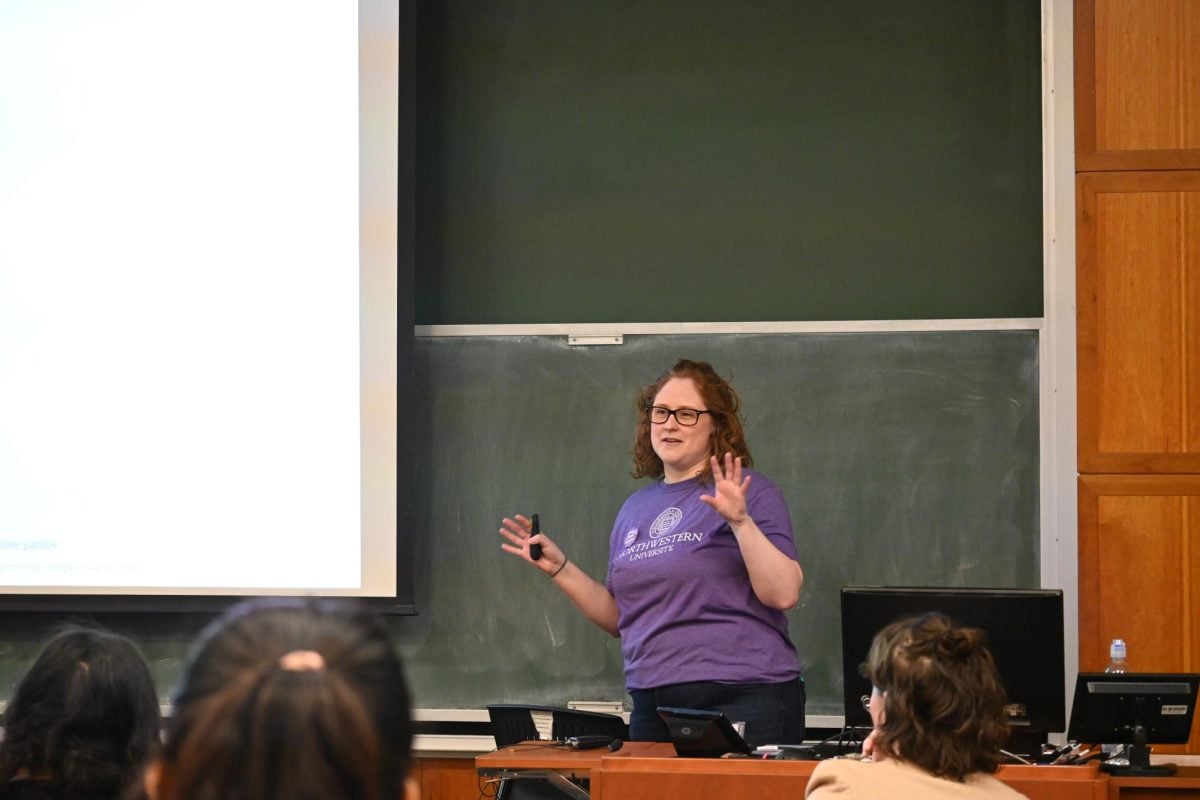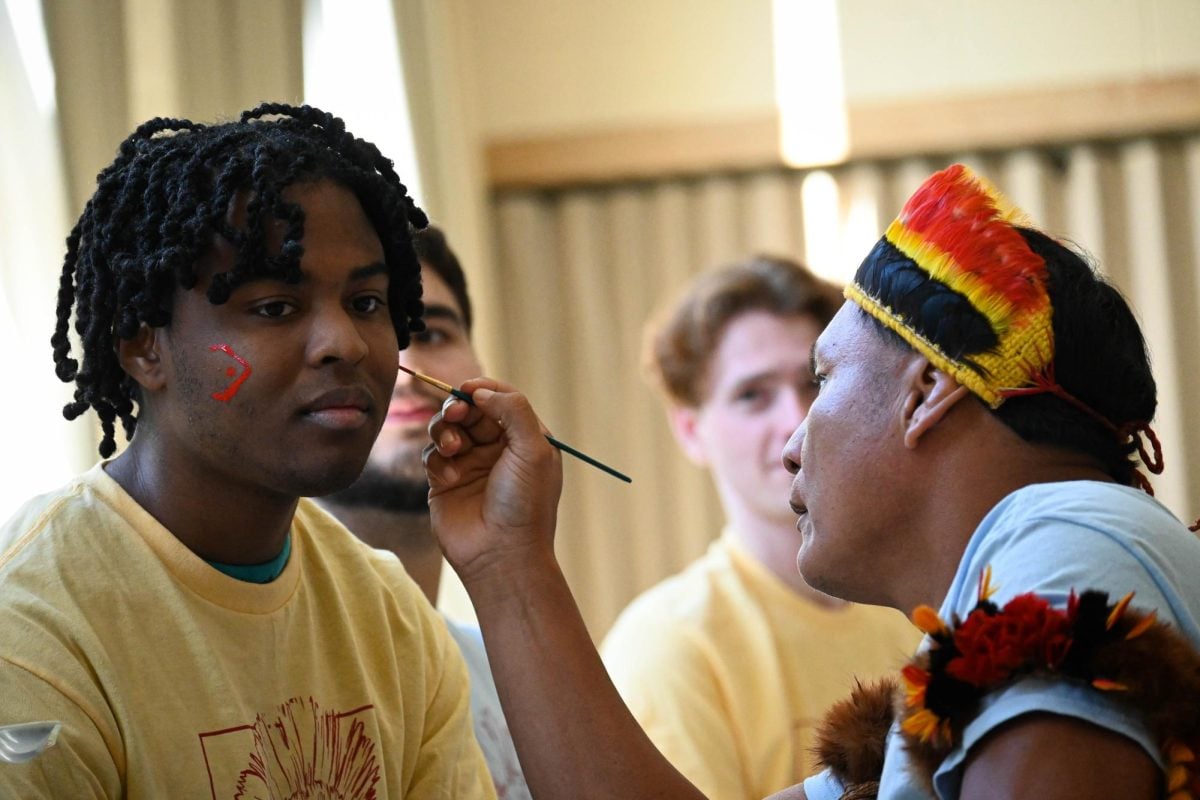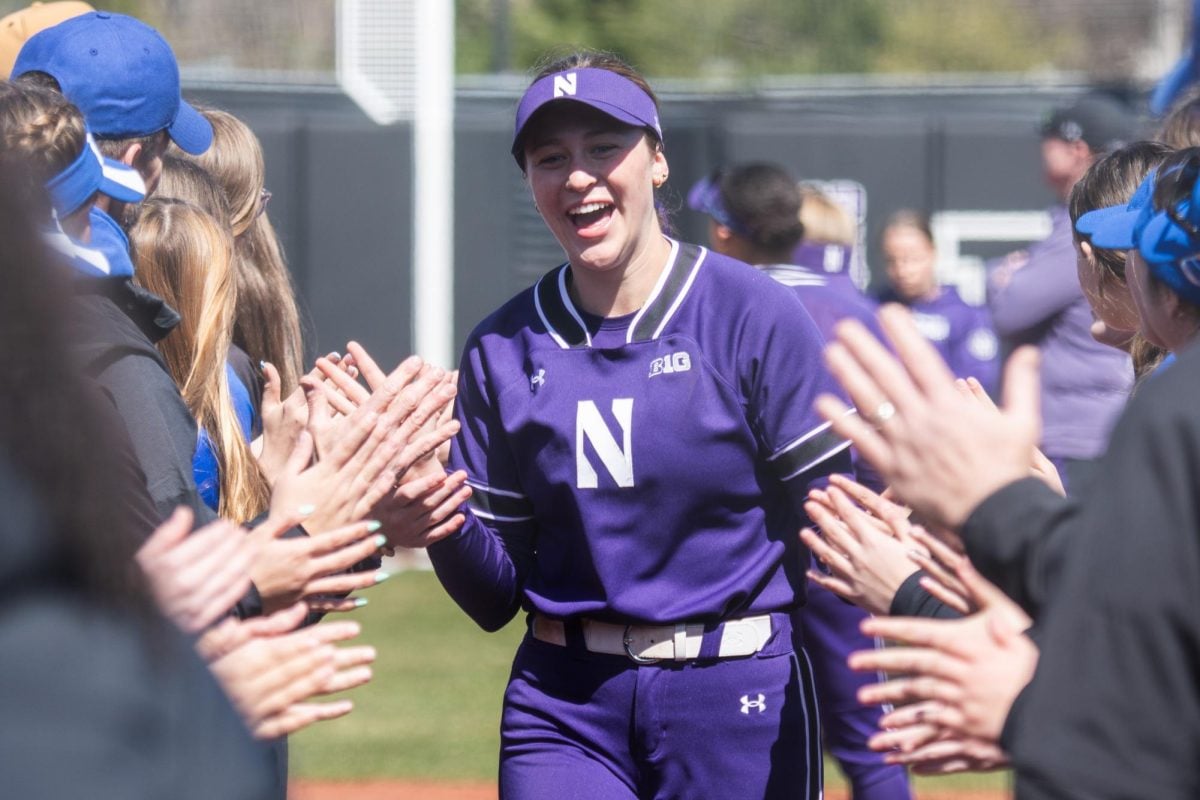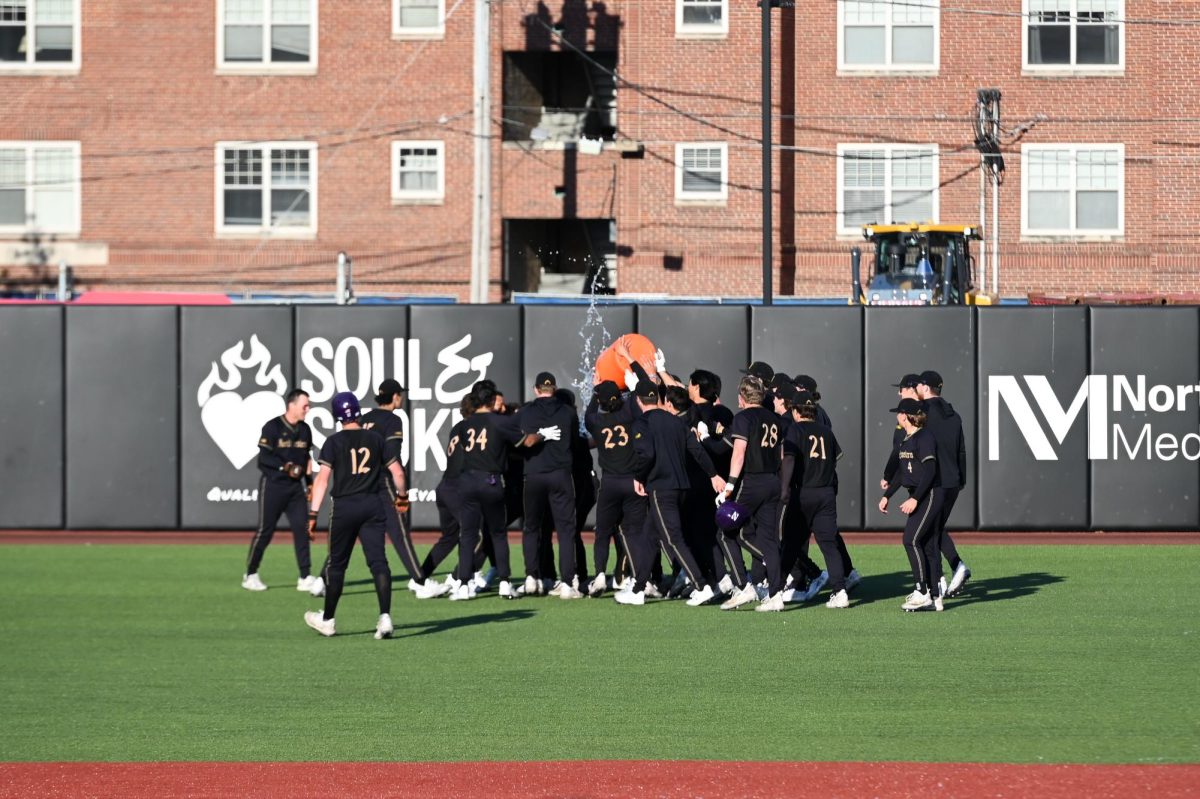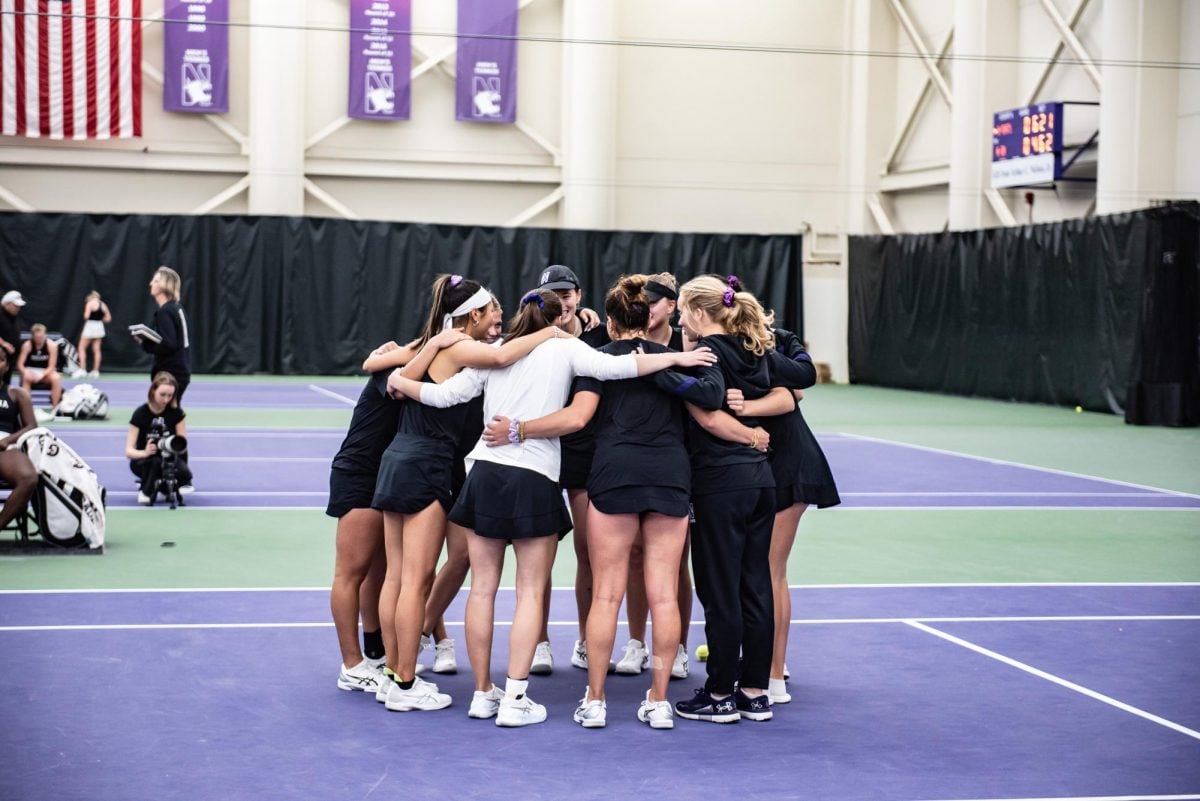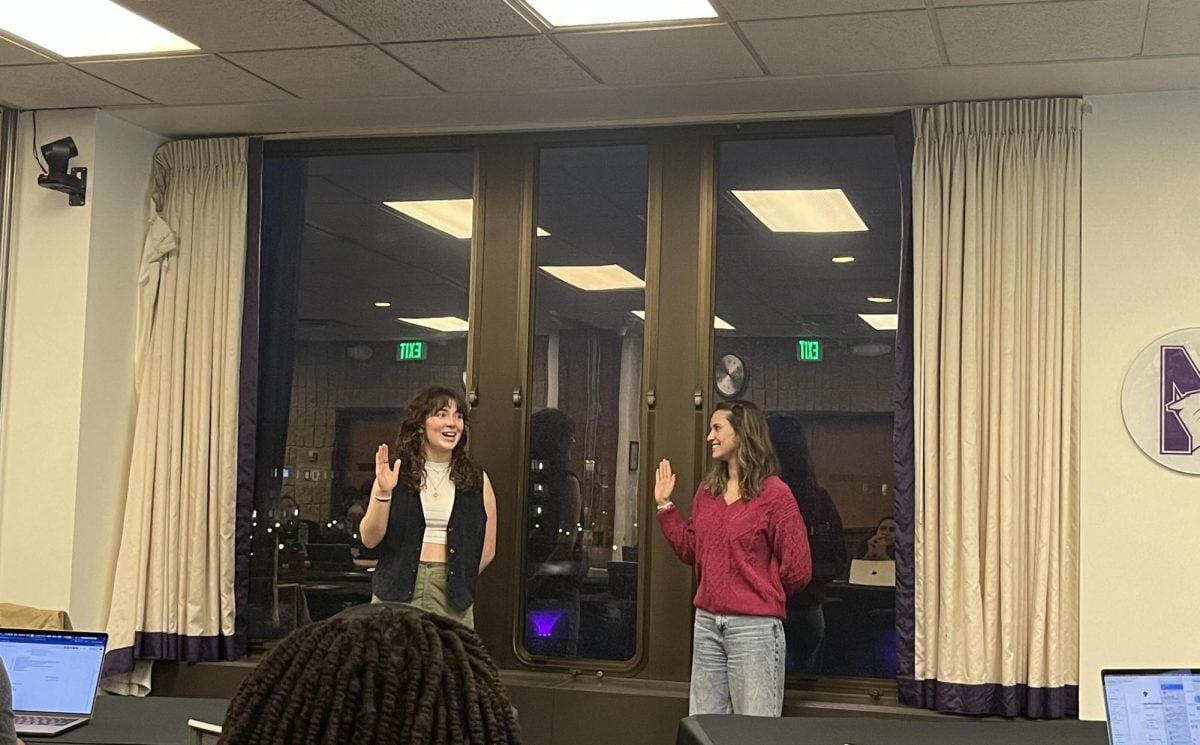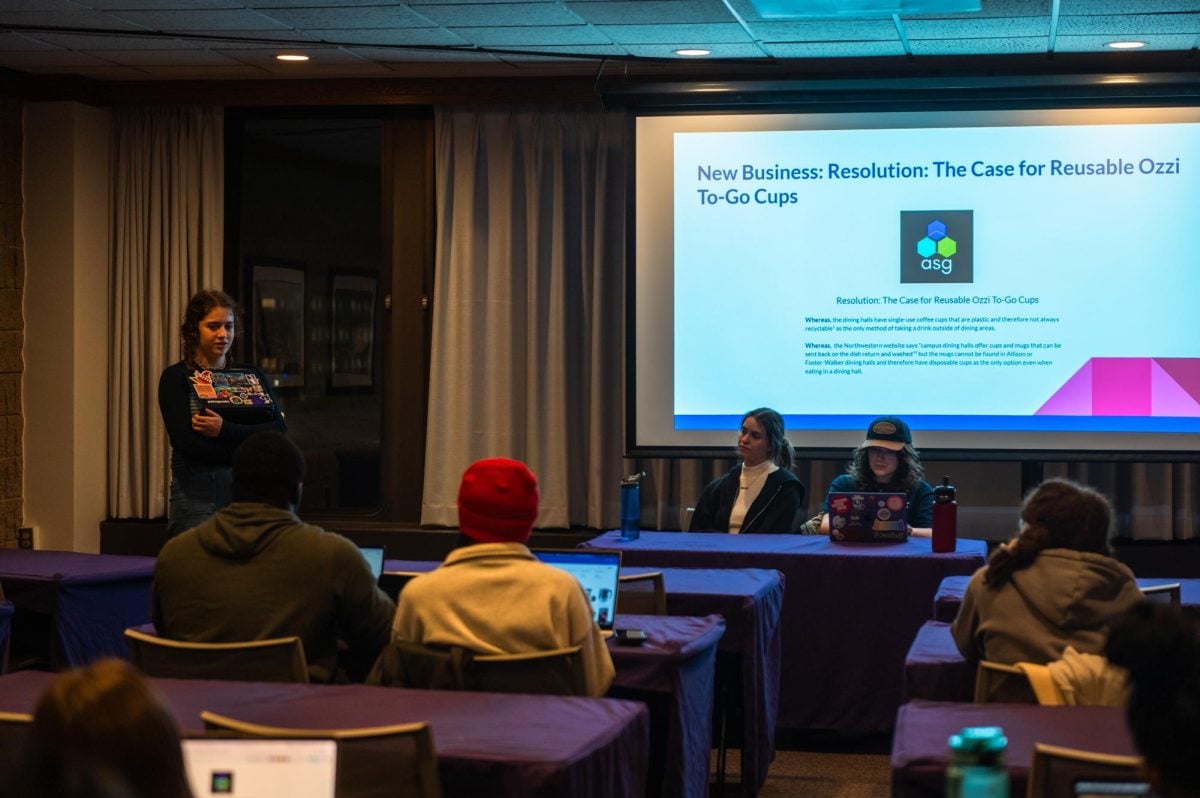Student representation in Associated Student Government could face a shake-up following a decision to further review reform legislation over the summer.
The bill, which would restructure Senate, was met with opposition at Wednesday’s meeting.
The proposed changes stipulate senators would be elected by academic schools and “campus life” constituencies, replacing the current model in which senators represent residential halls and colleges, students living off campus and select student groups.
After many voiced concerns about the legislation and raised questions about how the reform would be carried out effectively, senators voted to send the bill to the rules committee, which will refine its wording over the summer to address problems brought up in debate.
This legislation is the latest in a series of major Senate restructuring initiatives introduced since 2010, none of which have passed. Although ASG president Ani Ajith did not voice his opinion on the legislation at Wednesday’s meeting, he has attempted to reform Senate before. While still a senator, Ajith proposed a plan that would cut three out of four caucuses in half.
Tori Zuzelo, a student group senator, said she thought the proposed bill will make voting for representatives too complicated.
“It’s going to end up being very superficial,” the Weinberg junior said. “You’re going to miss out on a lot of the diversity that could be brought to Senate, that currently is brought to Senate. I think (the writers of the bill) bring up a lot of valid points, but there’s also a lot of things we haven’t seen fleshed out.”
Cory Behroozi, one the bill’s authors, said the legislation is aimed at evening out representation.
“In our current residential model you get a lot of lack of representation in part because of the off-campus caucus being difficult to run and difficult to reach out to their constituents,” the Weinberg sophomore said. “And then there’s a lot of double representation and triple representation (of other students).”
The bill will likely return to the Senate floor again next year after the rules committee has revised it.
In addition to debating internal reforms, senators voted to pass their first joint resolution with City Council: a bill that voices support for legislation regulating the use of unmanned surveillance drones.
Ald. Jane Grover (7th), who championed the bill in council, spoke at the meeting to encourage senators to vote for the joint resolution. She said the city and ASG will send their legislation to state and federal representatives and use it as a lobbying tool.
“The City Council’s resolution is stronger if it can be joined with one from ASG,” Grover said.
Kevin Harris, ASG community relations vice president, said he is pleased with the joint resolution.
“I’m excited because it lays the foundation for future partnerships and joint resolutions with the city,” the Weinberg freshman said. “I think it’s a chance for us to get involved with a hot topic right now.”
In the last 10 minutes of the meeting, Senate also introduced and passed a piece of emergency legislation about signing a letter asking federal representatives to prevent student loan interest rates from doubling. Government-subsidized Stafford loan rates are scheduled to double from 3.4 percent to 6.8 percent on July 1 if Congress does not intervene. The letter was written by students at Georgetown University and asks for signatures from student governments at colleges and universities across the country.


